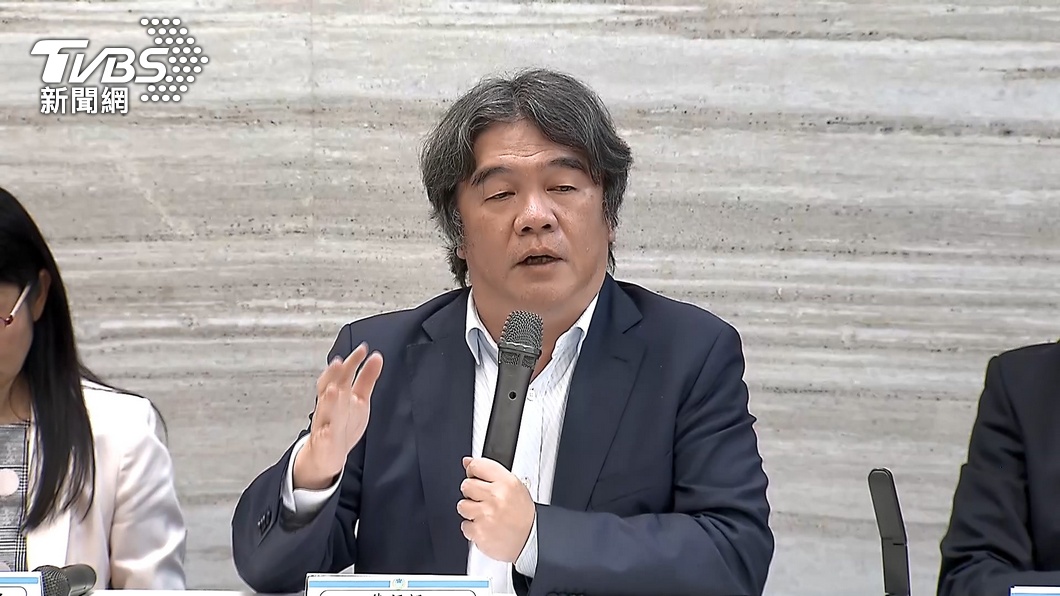TAIPEI (TVBS News) — Deputy Minister of Health and Welfare Victor Wang on Monday (April 1) said that the production of Bongkrek acid, a potentially lethal toxin, requires three specific conditions and is a rare occurrence. He also mentioned that the Chinese translation of the term, which includes the character for "rice," might be changed after discussions with experts to avoid stigmatizing rice products.
The food poisoning incident at Polam Kopitiam, a popular eatery, marked the first time Bongkrek acid was detected in Taiwan, sparking public fear. As of 10 a.m., 31 people had been reported sick from the incident, with two fatalities, five in intensive care, three in general wards, and 21 sent home for recovery. Fourteen mild cases tested positive for Bongkrek acid at the Xinyi Store in Taipei.
Wang noted that the incident occurred at a department store in the Xinyi District between March 19 and 24, with no signs of spreading. The production of Bongkrek acid, he explained, requires a specific subspecies of Burkholderia gladioli (pv. cocovenenans), which has not been previously recorded in Taiwan. The bacteria typically contaminate starch and coconut products and produce the toxin in neutral environments with temperatures between 22 and 33 degrees Celsius where slight fermentation occurs.
The Chinese term of Bongkrek acid has caused concern among the public, leading some restaurants to stop selling rice products. Wang said the term, used in China and other places, might be changed to avoid stigmatizing a major ingredient in Taiwan and causing public misunderstanding. An expert meeting is expected to be held this week to discuss the potential name change to the phonetic translation of the English term, "Bongkrekic Acid."



